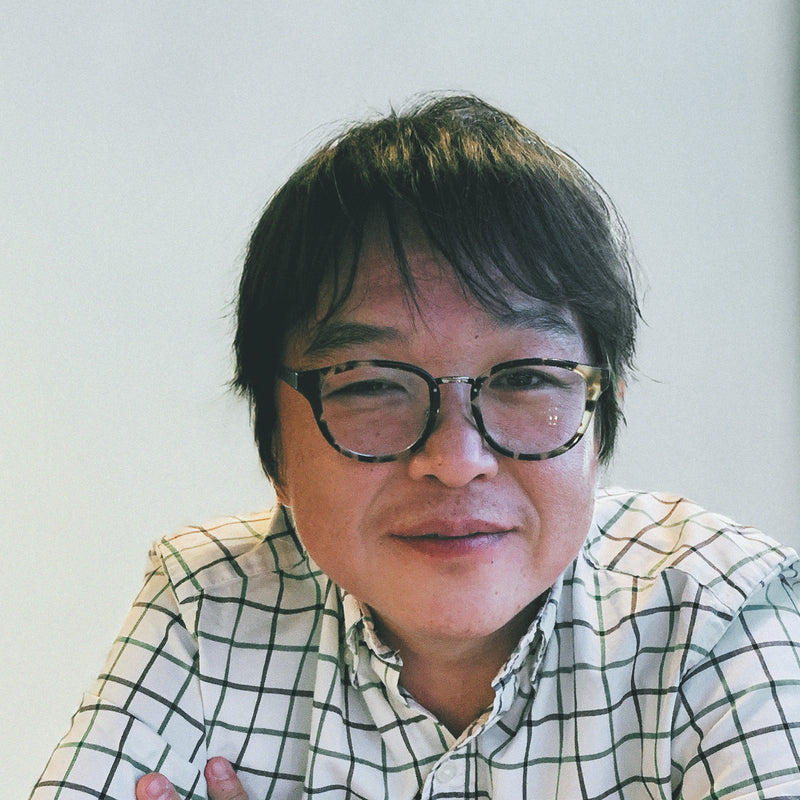As you navigate through the maze of college education, you may find yourself overwhelmed by the sheer volume of assignments and responsibilities. In such moments, it’s tempting to wish for someone to do my homework for me, especially when juggling multiple deadlines. However, it’s also the perfect time to reflect on how different educational systems tackle the challenges of fostering effective learning environments. The Japanese approach to education offers intriguing insights that could significantly benefit U.S. colleges and their students.
Japanese educational practices are renowned worldwide for their rigorous standards and high student achievement. The country’s unique strategies not only emphasize academic excellence but also foster a holistic development approach that nurtures both personal and communal growth. This article delves into the core aspects of the Japanese education system and explores actionable lessons that U.S. colleges might adopt to enhance their educational frameworks.
Holistic Education Philosophy
Emphasis on Moral Education
In Japan, education extends beyond mere academic success. It includes the cultivation of virtues such as respect, responsibility, and community. Schools integrate moral education into their curricula to nurture well-rounded individuals who can contribute positively to society. This comprehensive approach ensures that students excel academically while also maturing into respectful and ethical adults.
Potential for U.S. Integration
U.S. colleges could benefit from integrating moral and ethical education into their programs, especially in fields where ethical dilemmas are prevalent. By adopting a similar holistic approach, colleges can produce graduates who are not only skilled in their fields but also carry a strong sense of societal responsibility. Such an integration could also enhance the reputation of institutions as cultivators of well-rounded and ethically minded professionals.
Group Learning and Collaboration
The Power of Group Work
Japanese schools commonly employ group-based learning to bolster communication and teamwork skills among students. This teaching style encourages students to collaborate effectively, building a strong sense of community and mutual support. It’s a stark contrast to the competitive individualism often seen in U.S. education systems. This communal approach could also alleviate the stress and isolation often associated with studying in highly competitive environments.
Application in U.S. Colleges
Incorporating more group-based projects and collaborative assignments could help U.S. students develop better teamwork skills, which are crucial for modern workforce demands. This shift could also help reduce the intense competition among students, promoting a more supportive academic environment. Additionally, nurturing a collaborative environment equips students with essential teamwork skills that are crucial for success in the collaborative settings of today’s workplaces, thereby boosting their future job prospects.
High Standards and Public Accountability
Rigorous Education Standards
Japanese educational institutions uphold rigorous standards, emphasizing excellence and ongoing improvement. Educators are held in high regard and must complete intensive training and continual professional development to ensure the highest quality of education is delivered.
Lessons for U.S. Institutions
U.S. colleges could enhance their educational outcomes by adopting similar standards for academic excellence and teacher preparation. Increasing the rigor of teacher qualification processes and emphasizing ongoing professional development could lead to higher-quality teaching and, consequently, student learning.
Respect for Educators
Elevated Status of Teachers
In Japan, teachers enjoy a high level of respect akin to parental status, rooted in the belief that they are crucial to shaping the future generation. This respect translates into significant student commitment and effort, as well as substantial parental support. Such reverence also encourages more individuals to pursue teaching as a respected and viable profession.
Cultivating Respect in U.S. Colleges
Promoting greater respect for educators could transform the educational landscape in U.S. colleges. By elevating the status of teachers, institutions can foster an environment where education is deeply valued, and teachers are empowered to perform their best. This shift could also enhance the quality of education as educators feel more valued and motivated.
Emphasis on Self-Improvement and Discipline
Continuous Self-Improvement
The Japanese education system places a heavy emphasis on self-discipline and constant improvement, both academically and personally. Students are motivated to continually enhance their abilities and knowledge, promoting a culture of lifelong learning and ongoing personal growth. This ethos not only prepares students for academic challenges but also for life after school, equipping them with a resilient mindset.
Implementing Self-Discipline in U.S. Education
Encouraging a similar culture of continuous self-improvement and discipline among U.S. college students could lead to enhanced academic performance and personal growth. Introducing programs that focus on self-management and personal development skills can prepare students for challenges both in and out of the classroom. Such programs could be particularly effective in developing leadership qualities and other soft skills that are crucial in today’s job market.
Conclusion
The Japanese approach to education offers valuable lessons that U.S. colleges could adopt to enhance their educational strategies. From fostering a holistic education philosophy and group collaboration to maintaining high standards and respecting educators, these elements could significantly enrich the learning experience for U.S. students. By integrating these principles, U.S. colleges have the opportunity to not only improve academic outcomes but also to cultivate capable, ethical, and socially responsible graduates.
Get Free Bonus Books

Sign up for free to the Coffee Club to get advice and exclusive articles about how to choose Japanese Coffee, and tips, tricks, and recipes for enjoying Japanese coffee.
About the author
Kei Nishida
Author, CEO Dream of Japan
Certification: PMP, BS in Computer Science
Education: Western Washington University
Kei Nishida is a passionate Japanese tea and coffee connoisseur, writer, and the founder and CEO of Japanese Coffee Co. and Japanese Green Tea Co., both part of Dream of Japan.
His journey began with a mission to introduce the world to the unparalleled quality of Japanese green tea. Through Japanese Green Tea Co., he established the only company that sources premium tea grown in nutrient-rich sugarcane soil—an innovation that led to multiple Global Tea Champion awards.
Building on this success and his passion for Japanese craftsmanship, Kei expanded into the world of coffee, pioneering the launch of Japanese Coffee Co., the first company to bring Sumiyaki charcoal-roasted coffee to a global audience. His dedication to authenticity and quality ensures that this traditional Japanese roasting method, once a well-kept secret, is now enjoyed worldwide.
Beyond tea and coffee, Kei has also introduced Japan’s legendary craftsmanship to the world through Japanese Knife Co., making handmade katana-style knives—crafted by a renowned katana maker—available outside Japan for the first time.
Kei’s journey continues as he seeks out and shares the hidden treasures of Japan, one cup and one blade at a time.
Learn more about Kei




